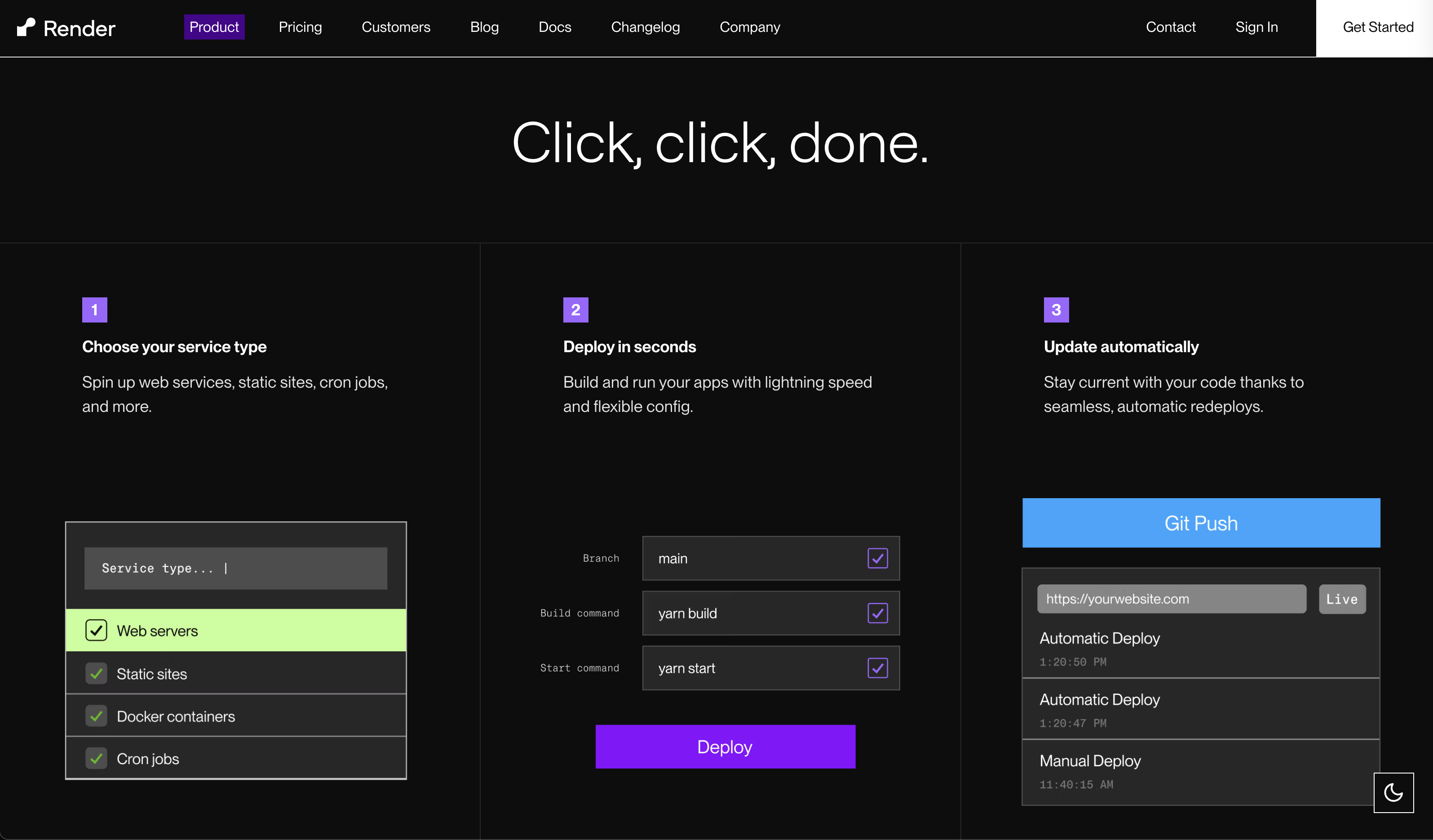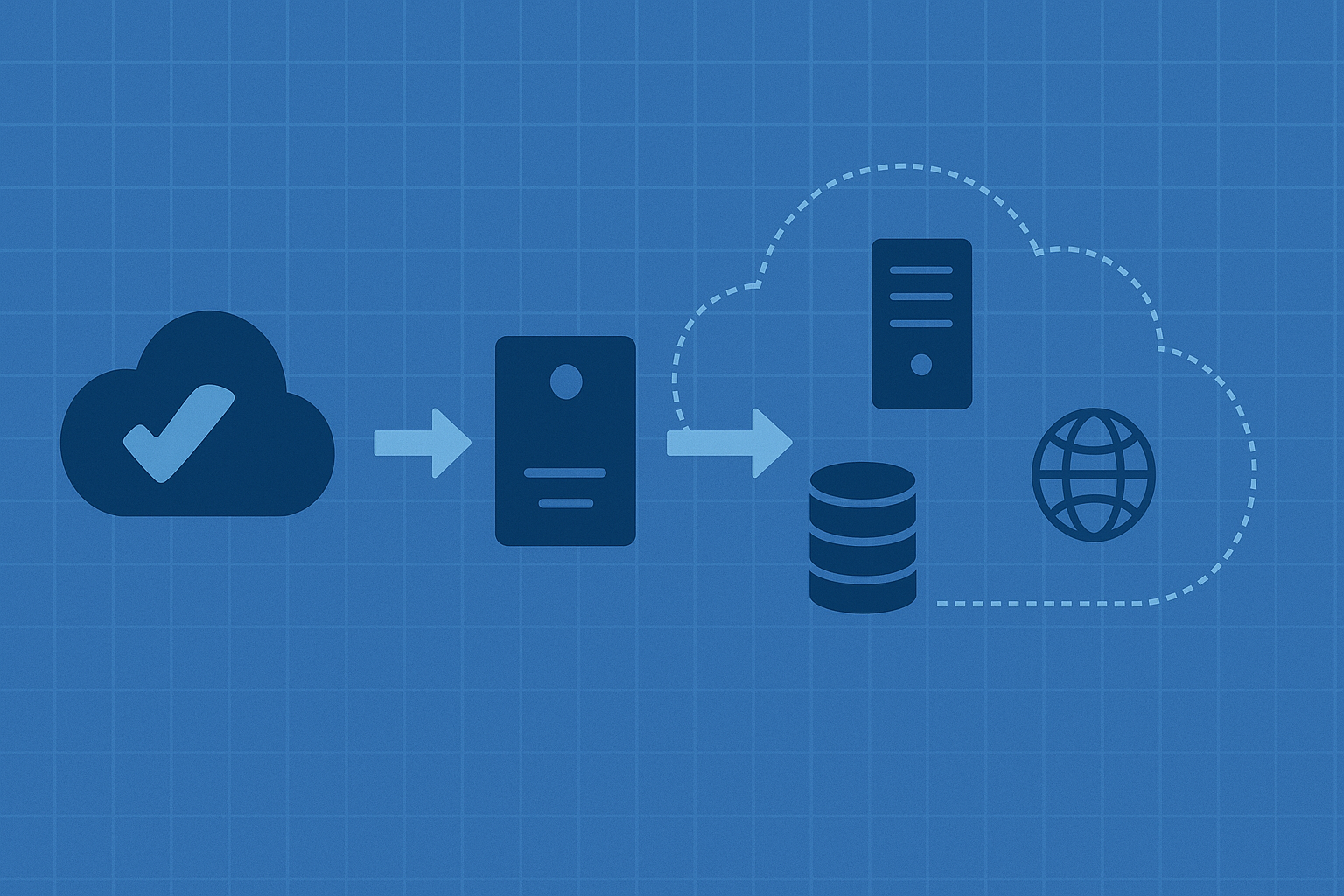The Cloud Repackaging War | 매거진에 참여하세요
The Cloud Repackaging War
#Developer #Experience #CloudInfra #Repackagin #Render #AWS #DevSpeed
In the early days of cloud computing, there was only one question that mattered:
"Are you on AWS or not?" But times have changed.
Today, the landscape is full of alternatives—and what developers truly care about is no longer raw infrastructure. It’s deployment experience.
And that’s exactly where Render is winning hearts.
Meet Render: A Developer-First Cloud Platform
Render was founded in 2018 by former YC engineers.
At first glance, it might seem like a simplified version of AWS. But under the hood, it’s taking a completely different path.
More and more dev teams—startups, side projects, indie hackers—are migrating from AWS to Render.
The reason? It’s faster, simpler, and built with developers in mind.

Developers Crave Speed—Not Complexity
Many cloud platforms continue to pile on features, aiming for that "enterprise-grade" badge.
But let’s be real: most developers just want things to work out of the box.
- Push a Docker image → it gets deployed
- SSL certificates? Auto-installed
- Scaling? Handled for you
Devs don’t want to wrestle with IAM roles or VPC configurations
They just want to ship
Speaking from experience, I've lost entire days trying to configure AWS networking or
troubleshoot CloudFormation templates. Render removes that friction entirely.
From GitHub integration to CI/CD, from HTTPS to rollback and health checks—it’s all included, with setup just a few clicks away.
What Is Cloud Repackaging?
Render is leading what I call the Cloud Repackaging Movement.
Think of it this way:
AWS, GCP, and Azure give you every building block imaginable—but you need to know how to assemble them.
Render takes those same blocks and pre-packages them for real-world developer workflows.
Let’s compare:
- On AWS: Launch EC2 → install Nginx → configure Docker → deploy app → setup monitoring
- On Render: Connect your GitHub repo. That’s it.
It’s not just automation. It’s a philosophy shift—from flexibility to focus.
Render deliberately reduces decision fatigue and keeps you in flow.
Even teams without infrastructure knowledge can safely launch apps using sane defaults.
“Faster” Doesn’t Just Mean Compute Speed
When people say Render is “faster,” they don’t just mean CPU benchmarks. They mean:
- Faster builds & deployments
Render triggers builds instantly after each GitHub push. Unlike AWS CodePipeline or Amplify, Render’s pipeline is lightweight and purpose-built for deployment.- No Cold Starts
Unlike Vercel or Netlify (which are serverless-based), Render apps stay warm. That means no lag on first requests.- Faster developer UX
No YAML templates. No CLI wrestling. No wondering which IAM policy broke your pipeline.
Render reduces cognitive overhead, which means your MVP ships days or weeks sooner.

Is AWS Slow? Not Exactly.
Let’s be fair—AWS is a beast. Its global infrastructure, breadth of services, and scalability are unmatched.
But here’s the catch:
- It gives too many options
- Requires too many configurations
- Involves too much setup before your app runs
For small teams or indie developers, AWS often feels like overkill. What you gain in power, you lose in agility.
The Rise of Developer-First Cloud Platforms
Render isn’t alone. There’s an emerging ecosystem of cloud tools that speak developer-first:
- Railway: Collaborative project environments with zero config
- Fly.io: Deploy apps to edge locations around the world
- Deno Deploy: Optimized for JavaScript runtime workloads
- Replit: Full dev + deploy stack from a browser
All of these platforms share one thing:
They’re repackaging cloud infrastructure around developer workflows, not enterprise checklists.
And that’s the real innovation.
Wrapping Up: This Isn’t Just “AWS vs Render”
This isn’t a fight about who’s cheaper or who has more regions. It’s a fight over developer experience.
Render is faster not because of its servers—but because it helps you make decisions faster, deploy faster, and stay focused longer.
And in an era where time-to-market matters more than ever, that’s the kind of speed that actually counts.
So if you’re asking what to build—maybe it’s time to also ask where to build.
Render might just be the cloud you didn’t know you were waiting for.






